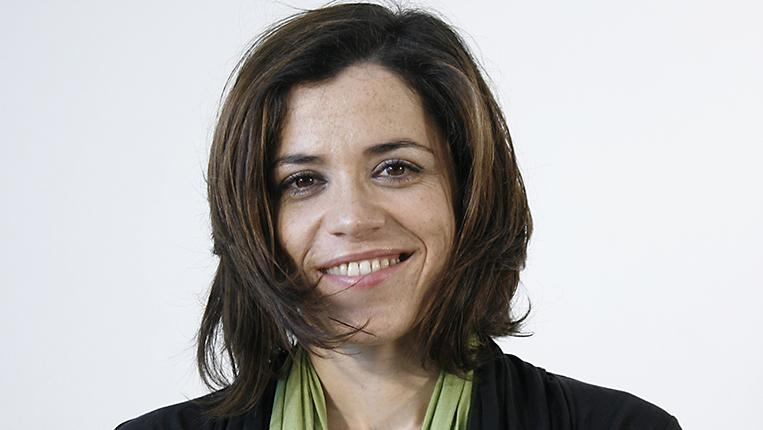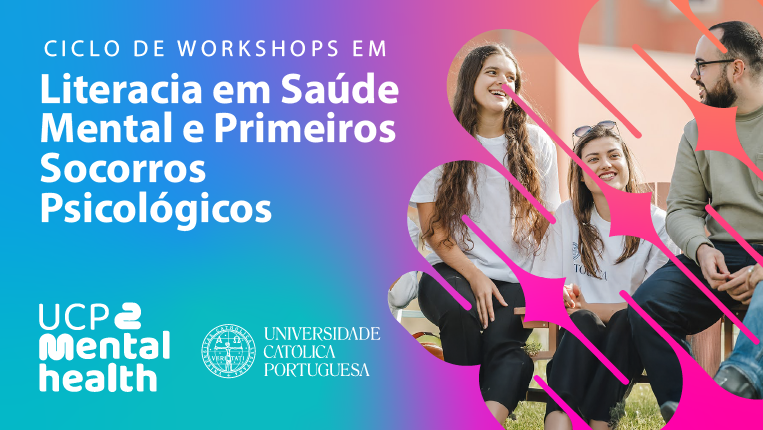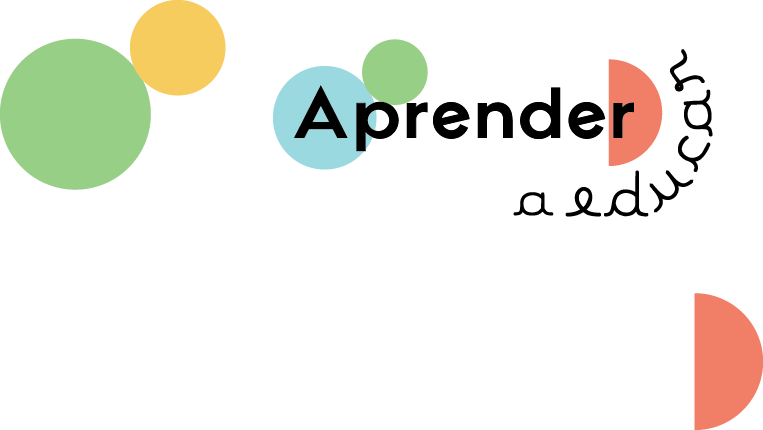27 representatives from European and North American universities, together with FEP lecturers and researchers, met at Universidade Católica in Porto to discuss the importance of global co-operation in the áreas of research, teaching and social responsibility. FEP International Week, with the theme New routes to Global Engagement, took place from the 23rd to the 27th October.
“There is still a long way to go when it comes to internationalisation in higher education. A lot of work needs to be done and, as a consequence, many benefits need to be reaped. But in matters of leadership, whether in higher education or other contexts, I believe optimism should prevail. Although the scale of the vision we have for FEP in this regard may seem challenging, I still believe that in the future we will look at these initiatives as drivers of significant changes. After all, internationalisation is about change and raising the quality of what we do in terms of teaching, research and giving back to society,” explains Patrícia Oliveira-Silva, a member of FEP’s Board for Internationalisation and responsible for organising the event.
Over the course of four days (the last of which was dedicated to a visit to the city of Porto), the participants shared knowledge on topics such as: engagement as a path to global education; the importance of training programmes in education for intercultural/global citizenship; the creation of an integrated plan for internationalisation in higher education institutions; strategies for promoting diversity, equity and inclusion among generation Z; and communication and marketing as tools for strengthening international dialogue.
There was also room to showcase the Human Development Research Centre (CEDH) and other FEP research structures, as well as some international projects run by faculty teachers: the Heroic Imagination Project, o Let’s Care Project and Youth in Action. The participants also took part in a short physical exercice session, organised by the Católica In! project team, as well as drawing up joint projects during the “Designing Together a Project Proposal” workshop, held by Diana Mesquita.
“Global Engagement is based on 3 pillars: People, Institution and Community”
FEP’s International week was also attended by other representatives from Universidade Católica.
João Cortez, director of UCP’s Innivation and Research Office, emphasised the importance of having a plan to promote the global impacto f research and innovation in higher education institutions.
Francisco Mendes-Palma, director of Global Engagement at UCP, highlighted that: “Global Engagement is based on 3 pillars : People, Institution and Community”. He presented UCP’s strategy in this area and emphasised the importance of “a training plan and adjusting internal structures”.
Internationalisation is part of FEP’s strategic plan
Raquel Matos, director of the Faculty of Education and Psychology, stressed at the opening of the week that “internationalisation is a key dimension in the faculty’s strategic plan until 2025, and these weeks are a fundamental event in achieving the goals we have set ourselves”.
Isabel Braga da Cruz, Pro-Rector of Universidade Católica Portuguesa, also spoke on the weekly programme: “This is an extremely important issue for Universidade Católica and one that is reflected in our strategic plan. We don’t stop at words. We’re taking action, making it happen”.
The FEP Fall International Week 2023 balance was clearly positive. “It was an excellent time for sharing knowledge and building networks and partnerships,” emphasises Patrícia Oliveira-Silva. The meeting was attended by representatives from the United States, Romania, Poland, Italy, Brazil, Germany, Spain, Ukraine and France.
The organisation of FEP International Week is based on the faculty’s commitment to integrating an international and intercultural mindset that goes beyond the boundaries of the university campus and has the potential to mutually benefit all stakeholders and partner institutions to enable them to act in an interconnected global community.









